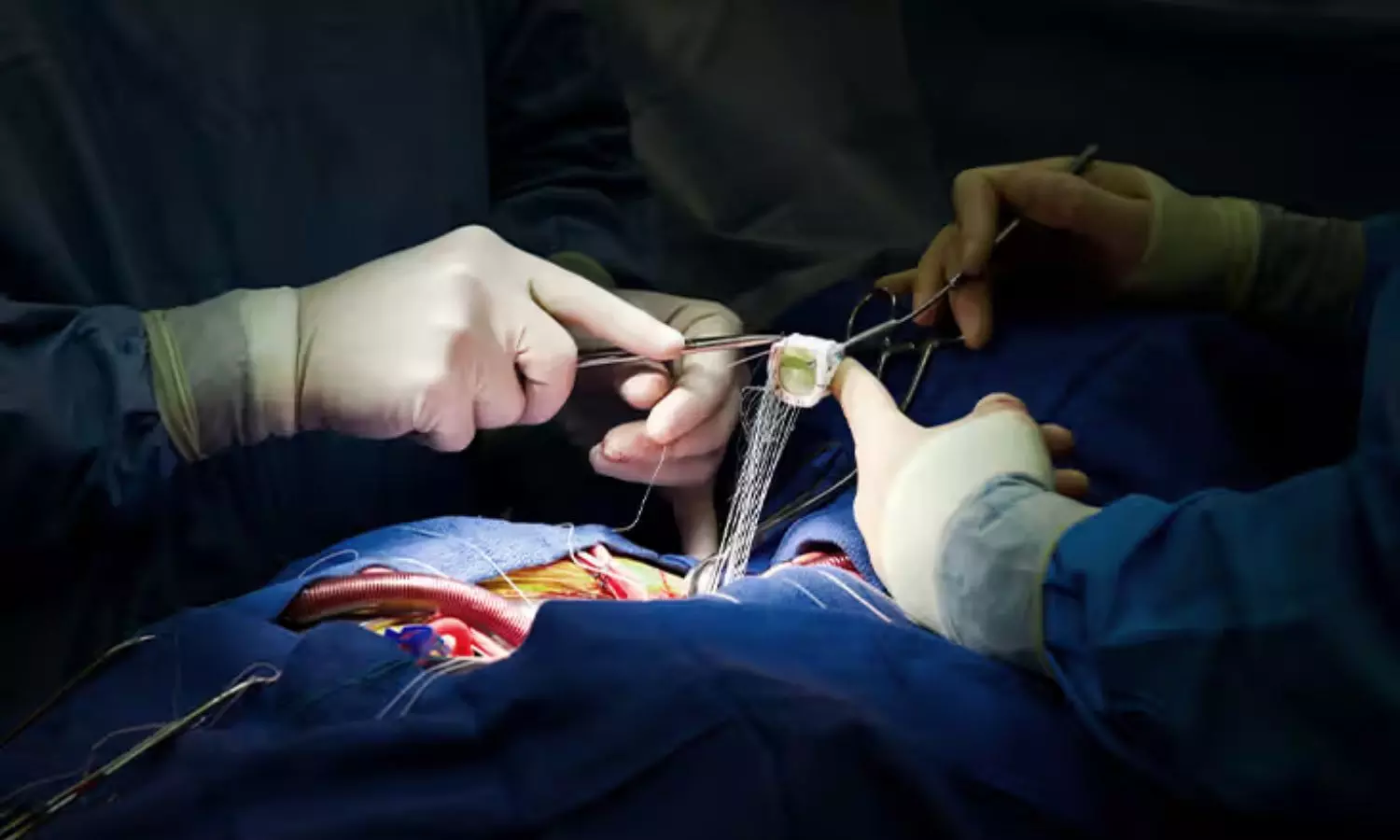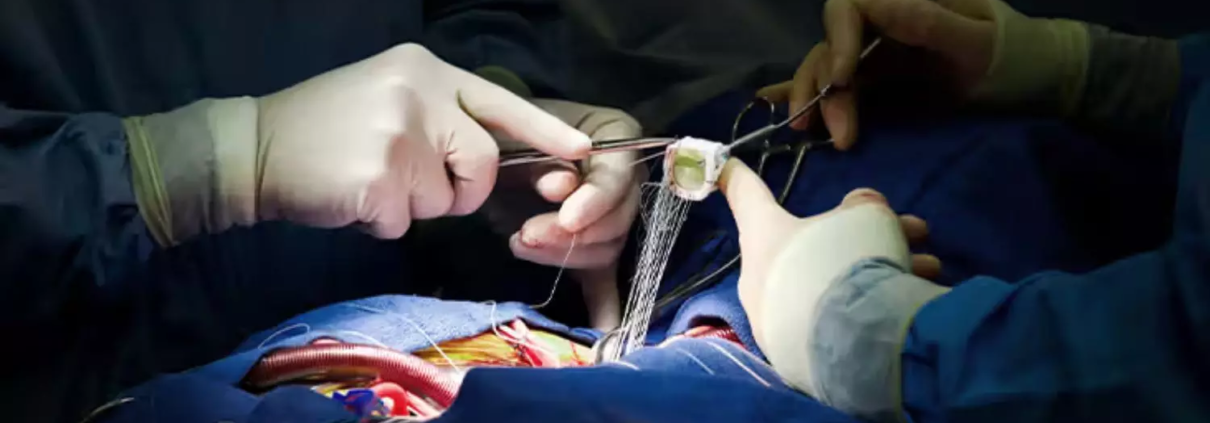D-LECS Shows Promise Over endoscopic resection with Fewer Complications, Finds Study

Japan: Researchers have found in a new study that duodenal laparoscopy–endoscopy cooperative surgery is a promising procedure offering better outcomes and a lower complication rate compared to endoscopic resection (ER). However, its indications and feasibility should be evaluated on a case-by-case basis.
The study, published in the Asian Journal of Endoscopic Surgery by Dr. Koji Shindo and colleagues from the Department of Surgery and Oncology at Kyushu University, Japan, aimed to assess the safety and viability of duodenal laparoscopy-endoscopy cooperative surgery (D-LECS). The team compared its short-term outcomes with those of traditional ER techniques in patients with duodenal tumors, focusing on complication rates and oncological efficacy.
The retrospective single-center study analyzed data from 30 patients treated between March 2013 and March 2023. Of these, 15 patients underwent D-LECS, while the remaining 15 received ER, which included endoscopic mucosal resection (EMR), endoscopic submucosal dissection (ESD), or a hybrid ESD approach. In two ER cases, procedures were observed laparoscopically without any intervention such as suturing.
The study revealed the following findings:
- Two patients in the D-LECS group required conversion to open surgery to avoid potential injury to the ampulla of Vater.
- The overall operation time was significantly longer for the D-LECS group.
- Endoscopy time was similar between the D-LECS and ER groups.
- The length of postoperative hospital stay was comparable in both groups.
- The ER group had a significantly higher rate of moderate-to-severe complications (Clavien–Dindo grade II or higher) compared to the D-LECS group.
- Piecemeal resections and positive resection margins were observed in both groups, with no significant difference.
- One patient in each group experienced tumor recurrence.
- In the D-LECS group, one patient with positive resection margins who refused additional surgery later died of duodenal cancer.
The findings highlight the potential benefits of D-LECS in managing duodenal tumors, especially in terms of safety and procedural outcomes. However, the authors emphasize the importance of individualized evaluation to determine whether D-LECS is suitable for each patient, as factors such as tumor location and risk of complications must be considered.
“Overall, the study supports D-LECS as an effective alternative to ER, offering improved safety without compromising oncological outcomes, and highlights the need for further research to refine patient selection criteria,” the authors concluded.
Reference:
Shindo, K., Ohuchida, K., Nagasue, T., Ogino, H., Horioka, K., Moriyama, T., Nagayoshi, K., Mizuuchi, Y., Ikenaga, N., Nakata, K., Oda, Y., & Nakamura, M. (2024). Efficacy of Laparoscopic and Endoscopic Cooperative Surgery Compared to Endoscopic Resection for Duodenal Tumor Treatment. Asian Journal of Endoscopic Surgery, 18(1), e70130. https://doi.org/10.1111/ases.70130



